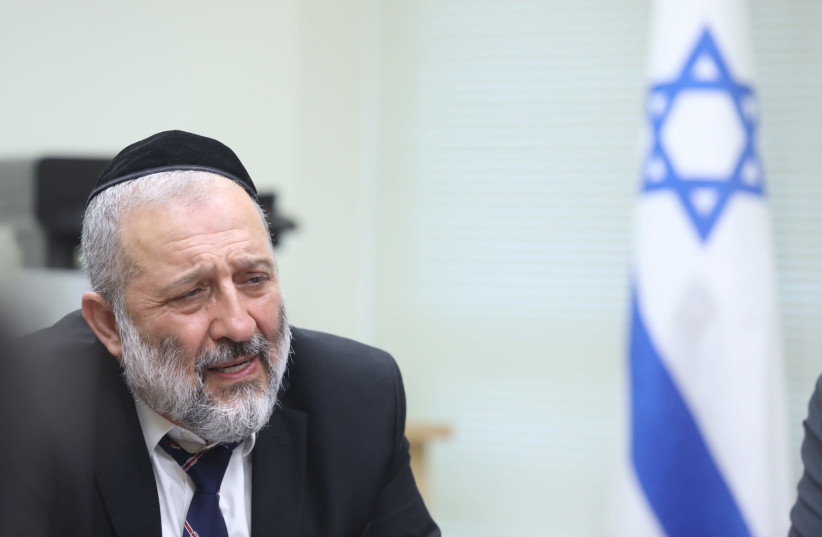A common philosopher’s joke is about a kid who doesn’t like spinach and is happy about it. When asked why this makes him happy, he replies, “Because now I don’t have to eat yucky spinach!”
To the average person, this is cute at best, but to philosophy nerds, this is funny because of the situation’s subjectivity. There is a vast difference between a disagreement of opinions, such as whether spinach is tasty, and a disagreement of facts, such as whether spinach is healthy for you. The flavor of spinach is a matter of taste and is therefore subjective; the health factors are not.
Boy, oh boy, can Israeli politicians relate to this scenario.
For example, if someone – say, the right-wing ultra-Orthodox Shas Party – were to say that the “Rabbi Law” they proposed this week, which was ultimately shot down by the prime minister, is necessary so that Israel has rabbis, it might seem like an objective fact.
However, rabbis exist. They are appointed, just not by Shas. So, this is not an objective statement, because it is false. But is it an opinion?

Let’s look at the facts. Shas’s controversial “Rabbis Law” would have given the Religious Affairs Ministry, run by Shas, the power to appoint hundreds of rabbis to municipal and neighborhood rabbi posts. This power currently rests with the municipalities themselves, not the ministry.
Ultimately, this would have massively increased the ultra-Orthodox party’s control over the country’s religious establishment, taking it away from more qualified people on the ground: the mayors and local authority leaders whose understanding of their city’s specific character is far deeper than some oversight ministerial committee.
A lack of separation between religion and state
Another issue, of course, is who those rabbis would be. Shas is a singularly religion-focused party attempting to advance its own interests regarding the separation—and lack thereof—of religion and state, religious appointments, and leading religious sentiments among the Jewish majority of the country.
With Shas at the helm and in charge of local rabbinical appointments, they would offer “jobim” — i.e. jobs acquired through unethical connections — to those close to them.
I opened this article with Shas’s counterargument: that if they do not take control of these roles, there won’t be any local rabbis. They explain that many municipal and local rabbis have either retired or passed away recently and have not been replaced. For that, however, deadlines must be established and enforced, not overall control—and not helping out pals.
Interestingly, this is Shas leader Arye Deri’s specialty. He was on trial, convicted, charged, and later admitted to underreporting the value of property sold to his brother Shlomo Deri to avoid land tax.
He also admitted to tax evasion, transferring funds to Shlomo from the Green Ocean investment fund, valued at NIS 534,000 of income, the taxes for which were never paid.
Lest we forget that he sat in jail for nearly two years at the turn of the century after he was convicted of taking $155,000 in bribes while serving as the interior minister.
His shtick is helping his friends out and making a profit in the process.
Yet another issue is the chief rabbinate, which is largely made up of local rabbinical leaders. By taking charge of appointments, Shas would essentially control the chief rabbinate and, through them, its policies.
It is a good thing that this rabbis bill was shot down. I don’t typically give Prime Minister Benjamin Netanyahu much credit, so this is a special occasion.
Israel is, by definition, a Jewish, democratic state – Jewish first. With appointments of local religious leaders out of the hands of local authorities, the democratic side of that gets smaller and smaller.
The writer is deputy editor-in-chief of The Jerusalem Post.
